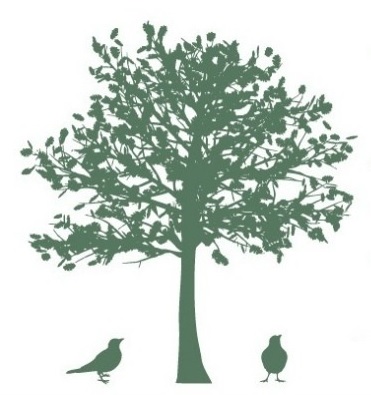 Spring and its traditional activities are a high-risk period for animals. Poisonings are most common, although ingested objects are also dangerous.
Spring and its traditional activities are a high-risk period for animals. Poisonings are most common, although ingested objects are also dangerous.
Crinkly leftover Easter grass is dangerous for both dogs and cats, since the threads can be tangled in the intestine. Empty plastic eggs still smell of sweets, and can spell death particularly for dogs who crunch them and swallow the sharp edges. Baskets can be adapted for a cat, but most dogs will chew them; again leading to sharp needle-like pieces.
Springtime poisons can be deceiving because they hide in attractive or useful guises. There are four categories of poisons: food, plants, cleaning products, gardening products.
Common foods for spring include chocolate and raisins. The darkness of chocolate is directly related to the toxicity. Raisins often accompanying cute chocolate eggs and bunny shapes, and are harmful too. Xylitol, a sugar-free sweetener, is attractive to dogs, but leads to liver failure
Lilies, a favorite for Easter and Mother’s Day, head the list of dangerous springtime plants. Amaryllis, another favorite is just as toxic. Cyclamen, tulip and narcissus bulbs, azaleas, rhododendron and English ivy can also cause severe problems and even death.
There are safe options also. If you are buying flowers for Mother’s Day, consider gerbera daisies, dendrobium orchids, or violets. These are all considered safe choices by the ASPCA/Teleflora.
Spring is synonymous with clean up time. Detergents can be enticing when left in an open bucket, liquid potpourri might taste as good as it smells, batteries that get rolled around before getting chewed, are all real-life examples of accidents waiting to happen.
The caution list doesn’t stop there because what you can’t see can hurt them. For example applying a bubbly cleaning product and walking away invites a cat to tiptoe through the chemicals. Airborne chemicals are particularly harmful to birds, even if they are undetectable to the human nose.
Gardening products contain deliberate poisons. Just because something kills ants or weeds, doesn’t mean it won’t have the same effect on your pet. Common sense is the key, both in application of insecticides/herbicides/fertilizers, and in seasonal storage.
Should you see your pet exhibiting unusual symptoms such as excessive drooling, vomiting, difficulty in swallowing, loss of coordination, trembling, or difficulty breathing, you can contact a poison control hot line. Writing the hotline numbers and credit card information in the same safe spot might be worth a “pound of cure.”
Two well-known resources are the ASPCA Animal Poison Control Center’s 24-hour hotline at (888) 426-4435, or The National Animal Poison Control Center (NAPPC) at the University of Illinois 1-800-548-2423, or 1-900-680-0000. Use the 800 number to bill to a credit card or the 900 to bill to your phone.
Dog- and cat-proof your house. Don’t get complacent, but reevaluate the risks every season and with every pet.











Speak Your Mind